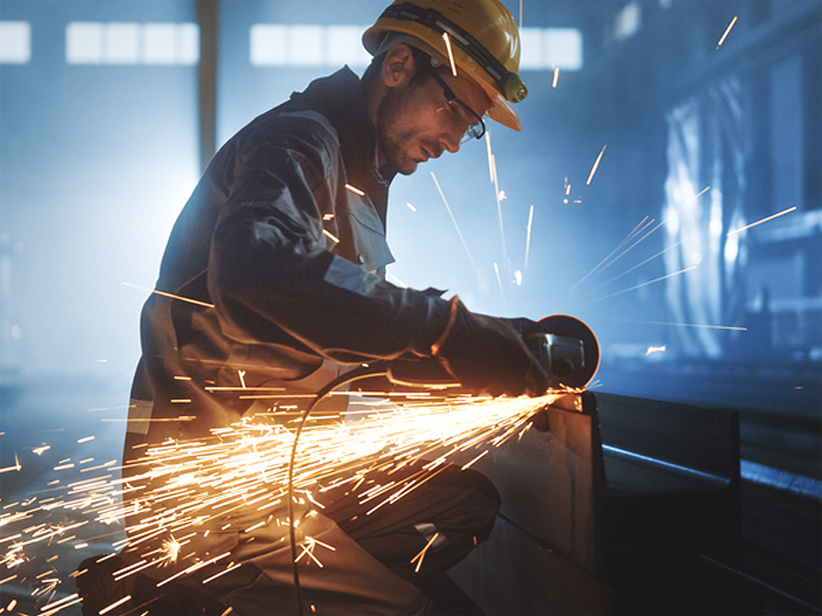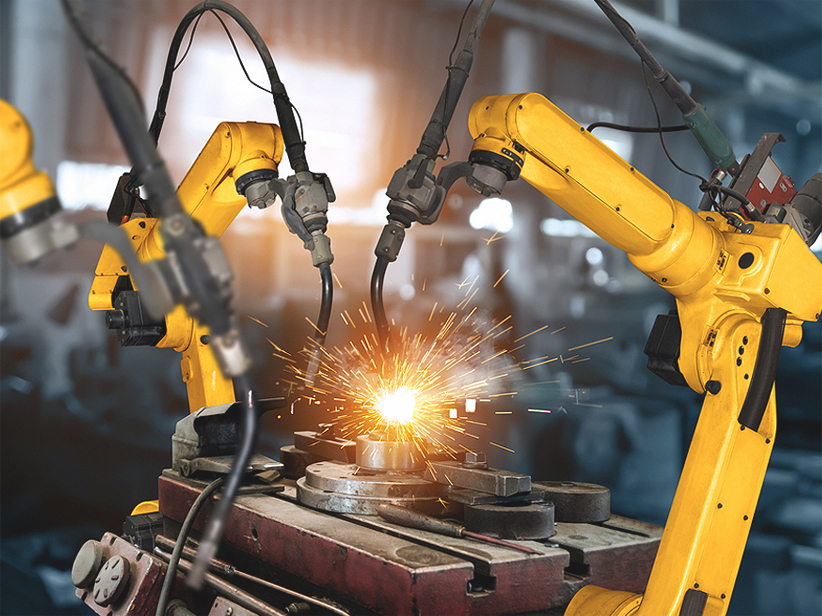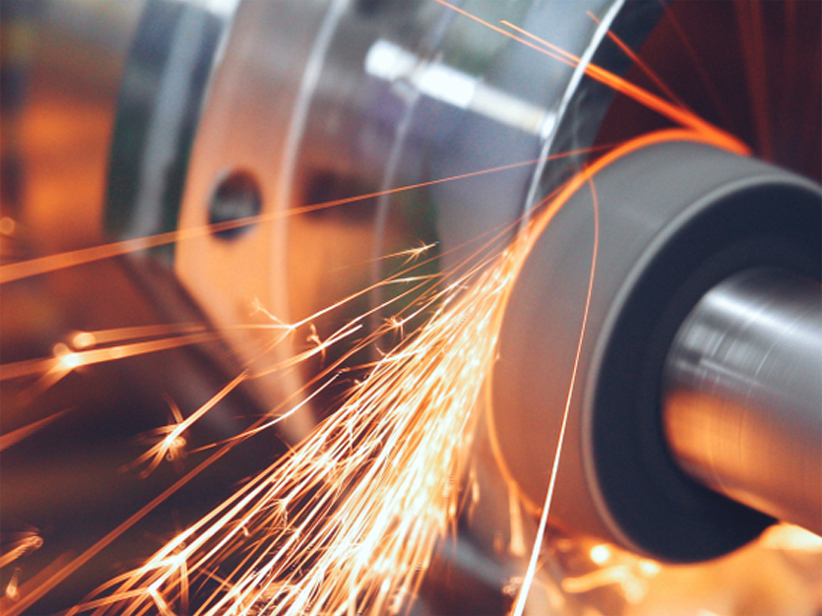Stainless Steel - Grade 309S / 1.4833
Description
Stainless Steel Grade 309S/1.4833 is an austenitic chromium-nickel stainless steel known for its high-temperature resistance and oxidation resistance. It is a lower carbon variant of 309/1.4833 stainless steel, which minimizes carbide precipitation and improves weldability. This grade is designed for use in high-temperature applications and is commonly used in environments that require resistance to heat and corrosion.
Chemical Composition
The typical chemical composition of 307SI is as follows:
- Chromium (Cr): 22.0 - 24.0%
- Nickel (Ni):12.0 - 15.0%
- Carbon (C): ≤ 0.08%
- Manganese (Mn): ≤ 2.0%
- Silicon (Si):≤ 1.0%
- Phosphorus (P):≤ 0.045%
- Sulfur (S):≤ 0.030%
Mechanical Properties
- Tensile Strength: 515 MPa (minimum)
- Yield Strength (0.2% offset): 205 MPa (minimum)
- Elongation: 40% (minimum)
- Hardness: 95 HRB (maximum)
Thermal & Physical Properties
- Density: 8.0 g/cm³
- Melting Range: 1400 - 1455°C
- Specific Heat: 500 J/kg•K
- Thermal Conductivity: 14.2 W/m•K at 100°C
- Electrical Resistivity:0.74 µΩ•m
- Thermal Expansion: 15.9 µm/m•K from 20°C to 100°C
Other Designations
- UNS: S30908
- EN: 1.4833
- JIS: SUS 309S
- AFNOR: Z12CN24-13
- DIN: X12CrNi23-13
Fabrication and Heat Treatment
- Forming: Can be readily formed using all conventional methods.
- Welding: Can be welded using standard fusion and resistance techniques. Oxyacetylene welding is not recommended.
- Heat Treatment: Not hardenable by heat treatment. Anneal at 1038-1121°C, then rapidly quench.
- Machining: Exhibits slightly better machinability compared to 304 stainless steel, but work hardening can occur.
Applications
- Furnace Parts: Used in the construction of furnace parts due to its high-temperature resistance.
- Heat Exchangers: Suitable for heat exchangers in high-temperature environments.
- Kiln Liners: Ideal for kiln liners and other high-temperature structural applications.
- Boiler Baffles: Commonly used in boiler baffles and other components subjected to high temperatures.
- Chemical Processing Equipment: Employed in chemical processing where heat and corrosion resistance are critical.
Supplied Forms
- Bars
- Coils
- Wires
Features
- High-Temperature Strength:Can withstand high temperatures and is resistant to scaling and oxidation.
- Weldability:Lower carbon content improves weldability, reducing the risk of carbide precipitation.
- Corrosion Resistance:Offers good resistance to corrosion in high-temperature environments.
- Strength:Maintains high strength at elevated temperatures.
- Durability:Excellent durability in high-heat applications, ensuring longevity of components.






